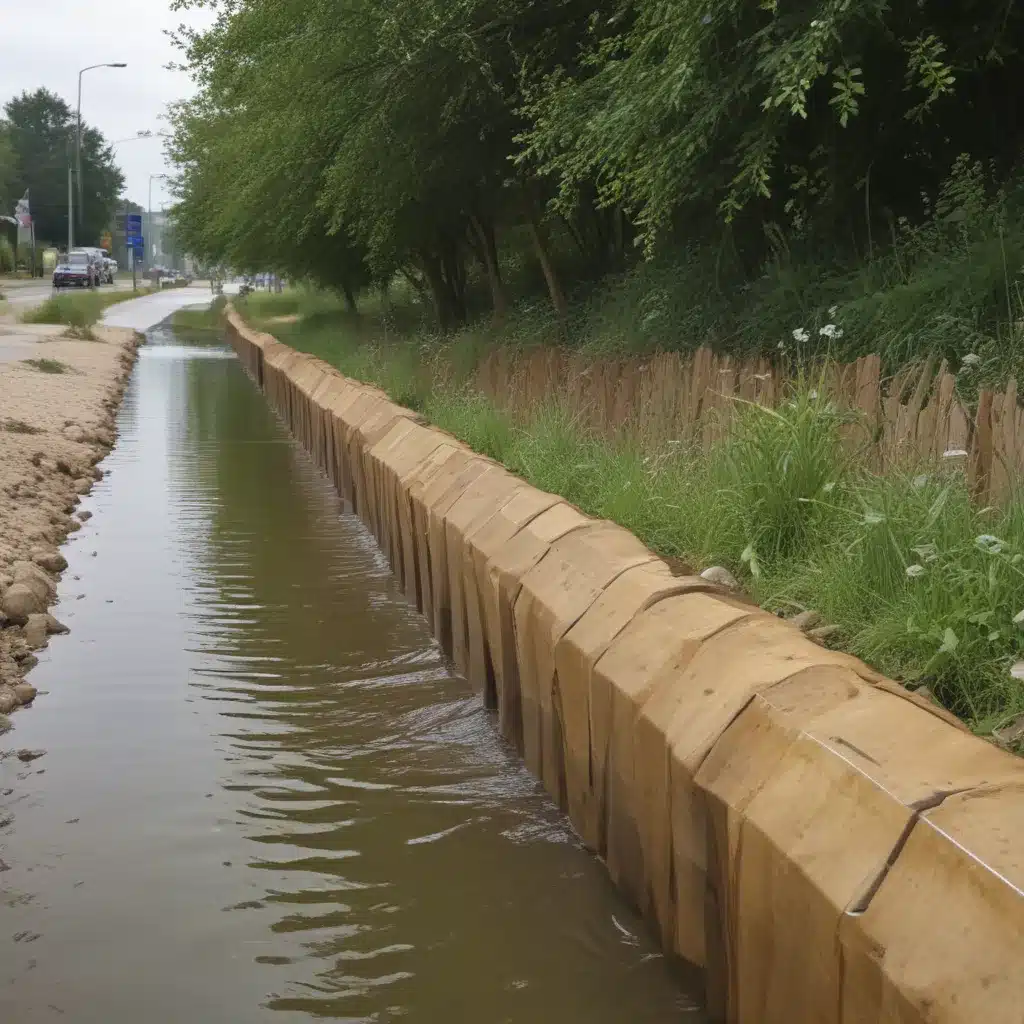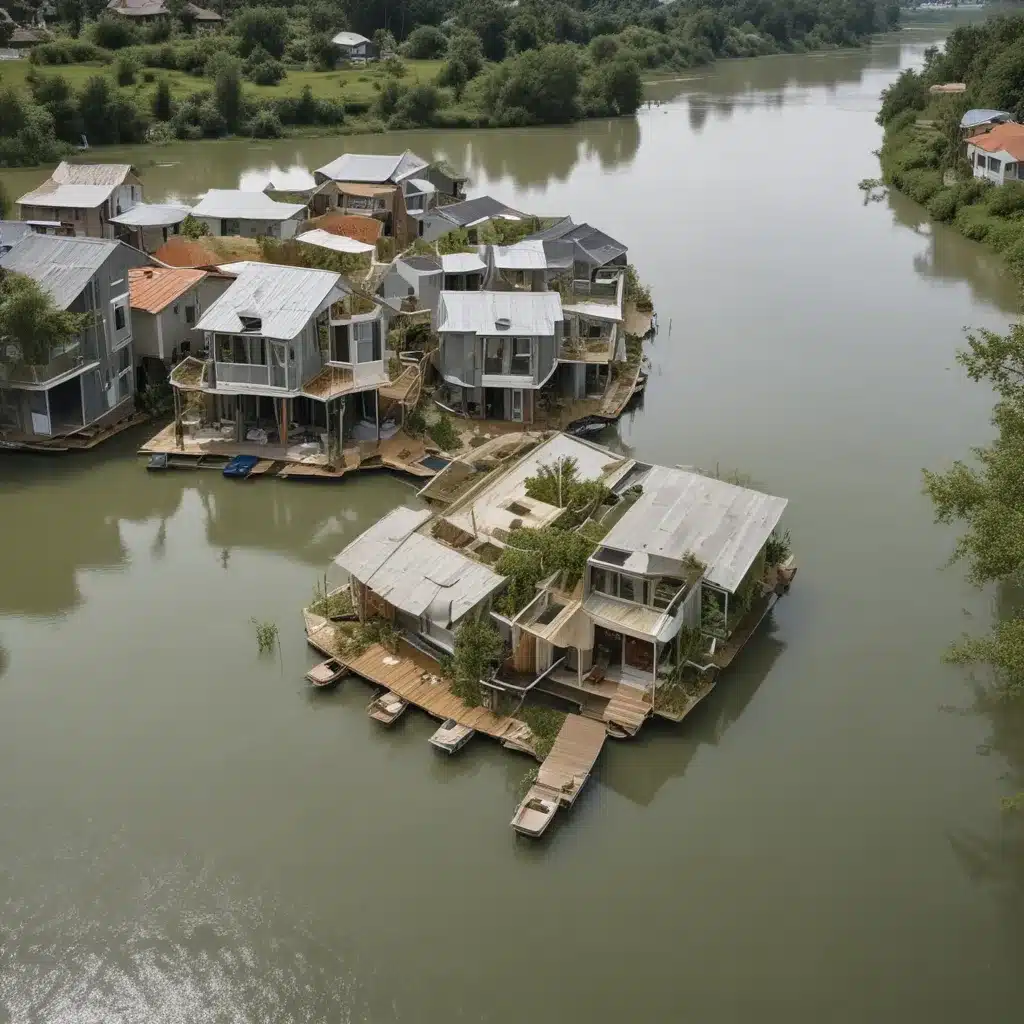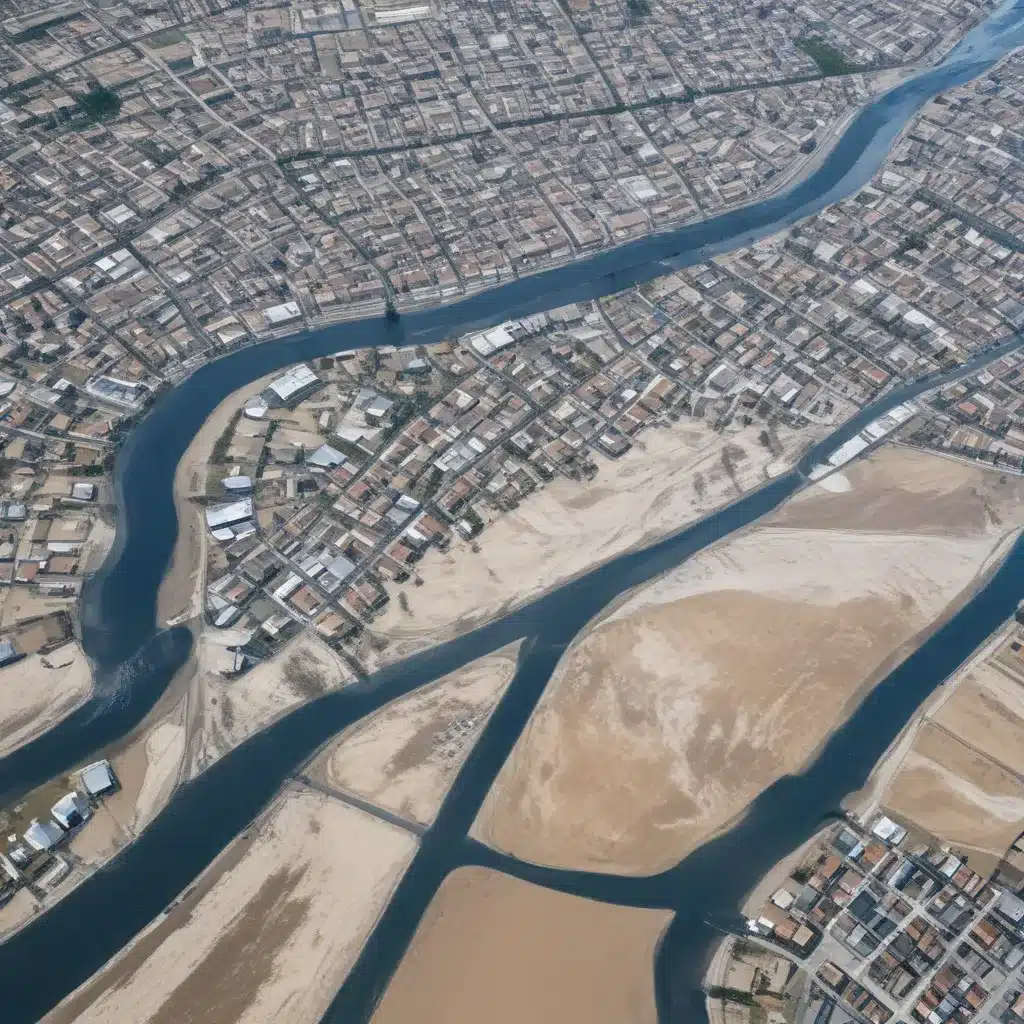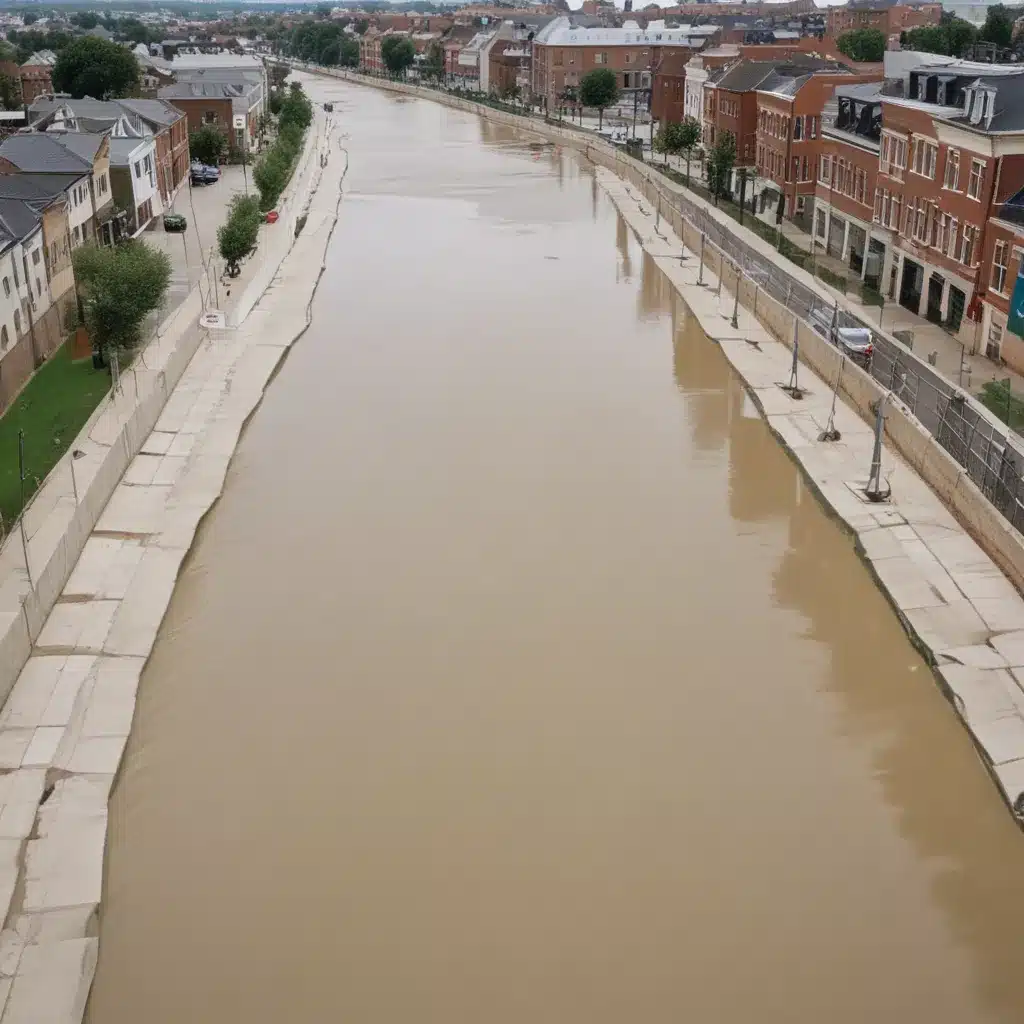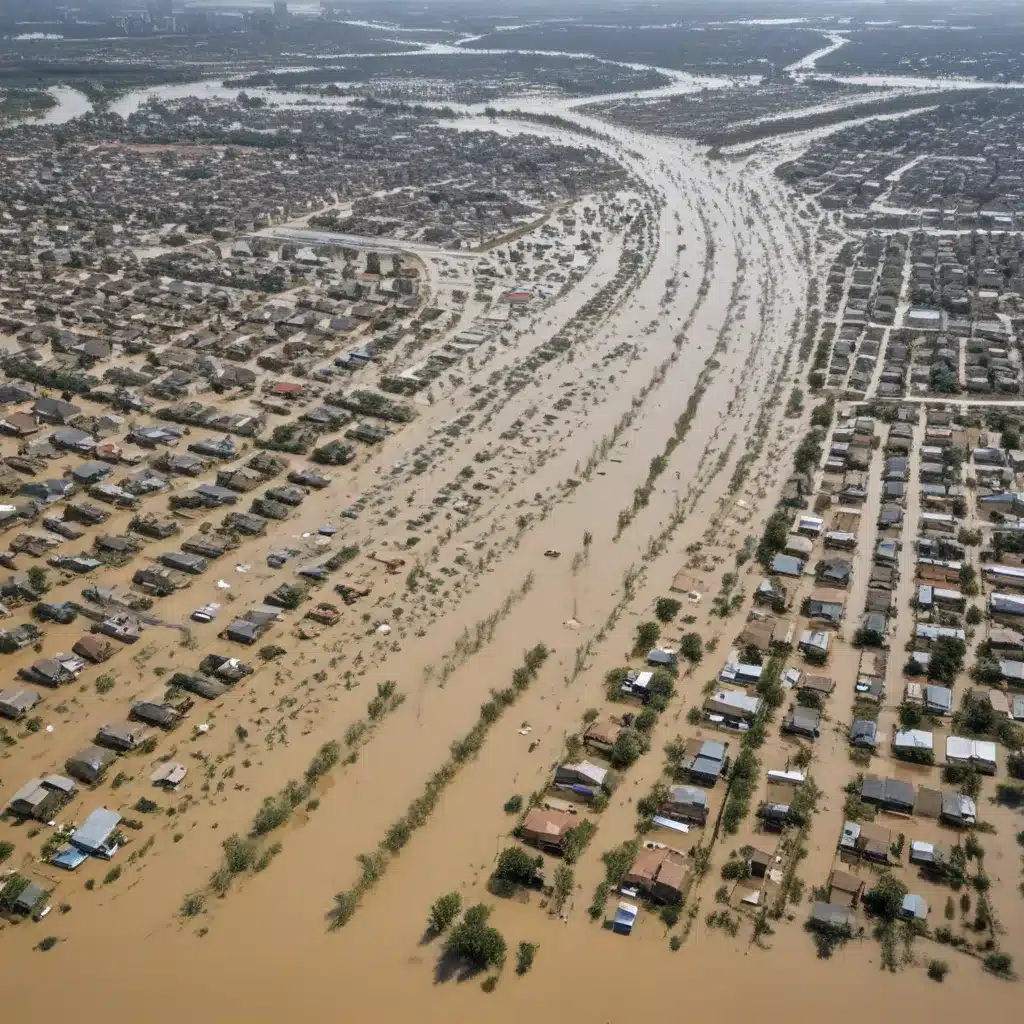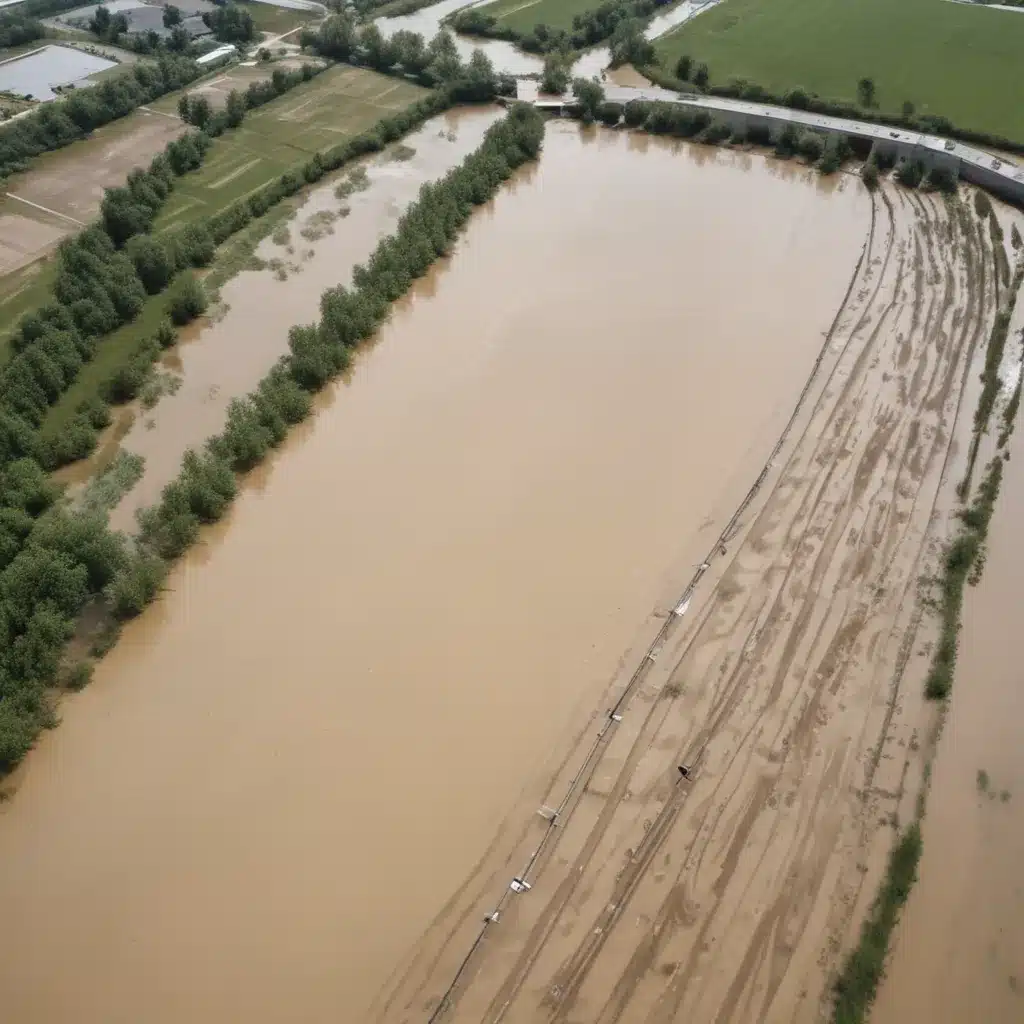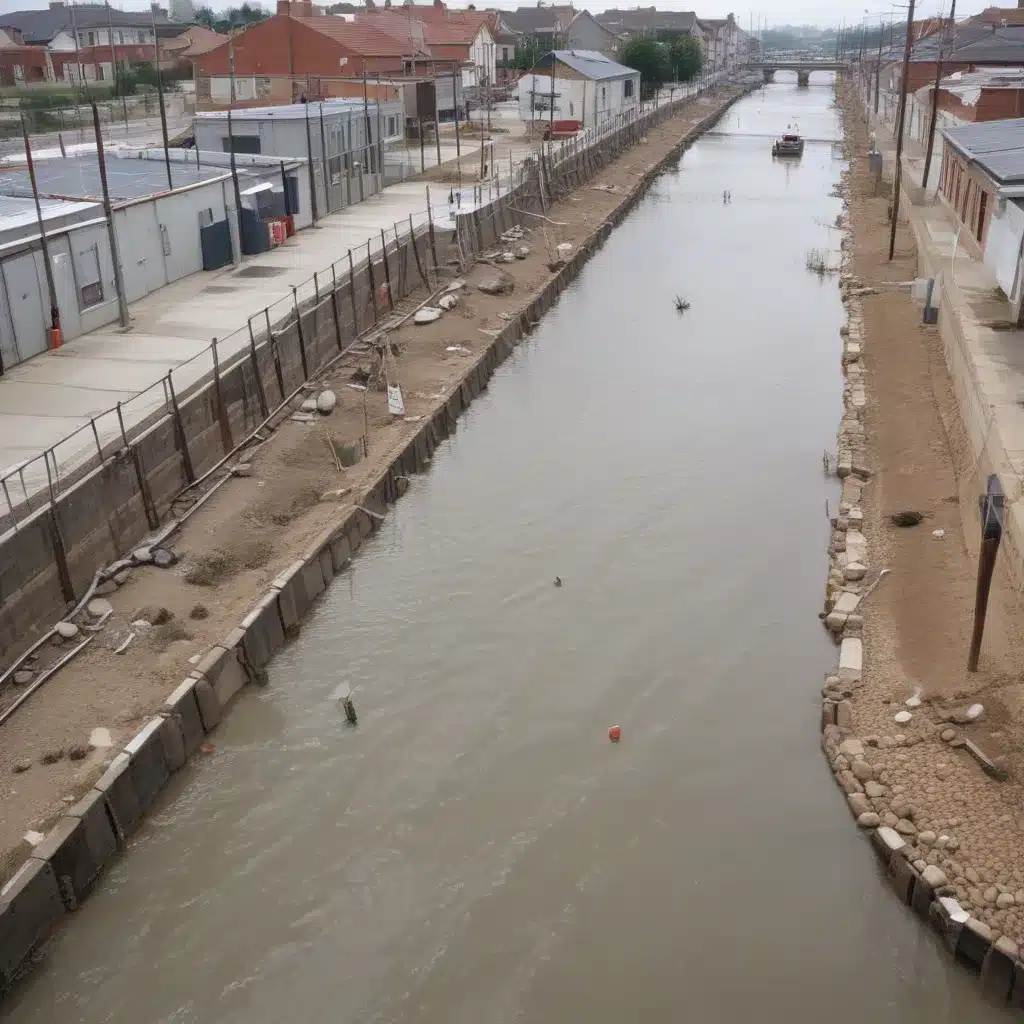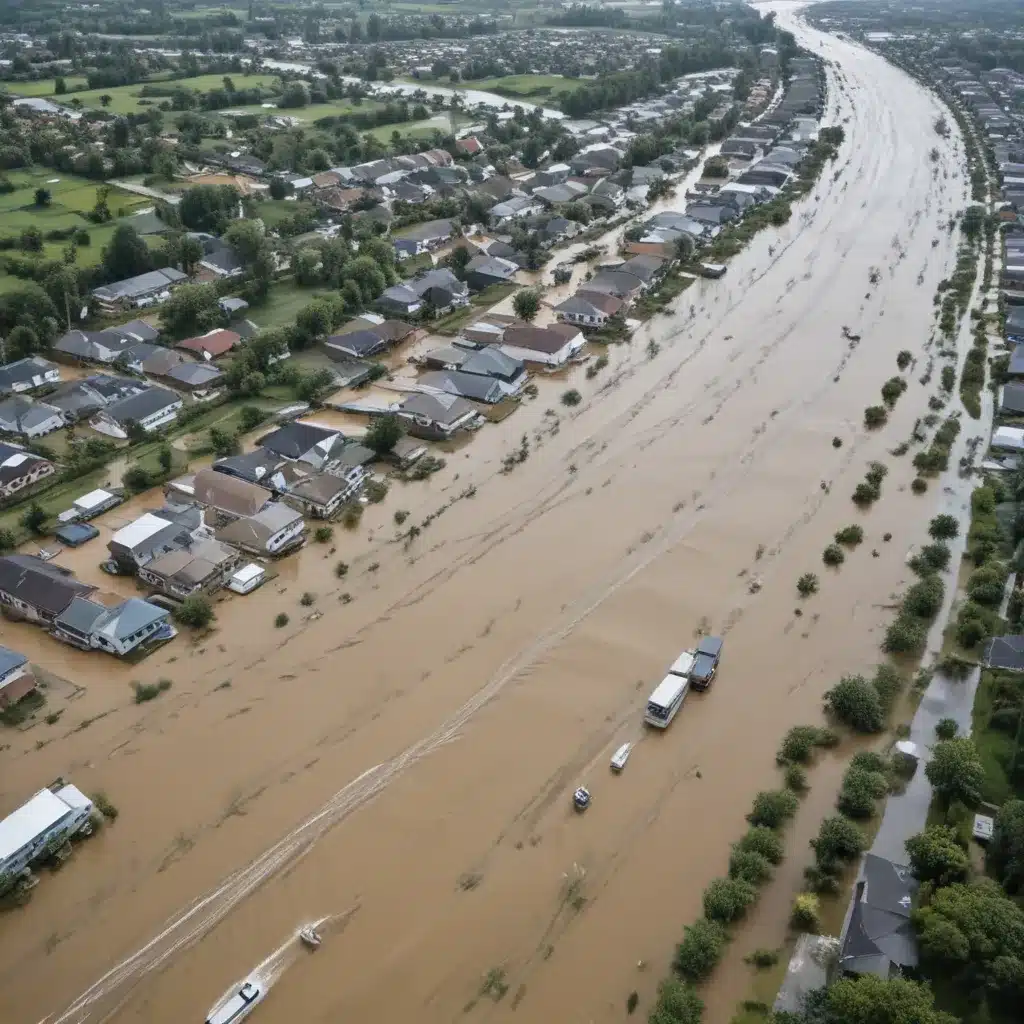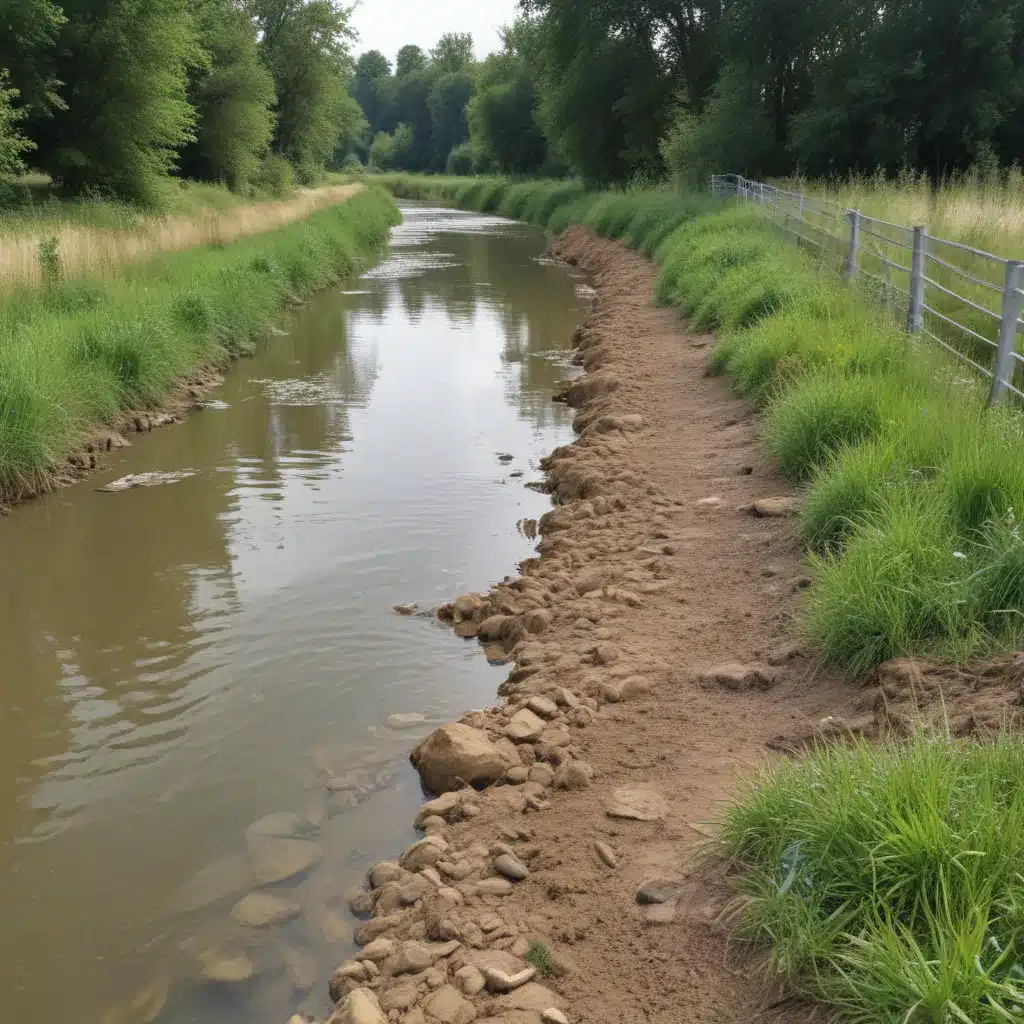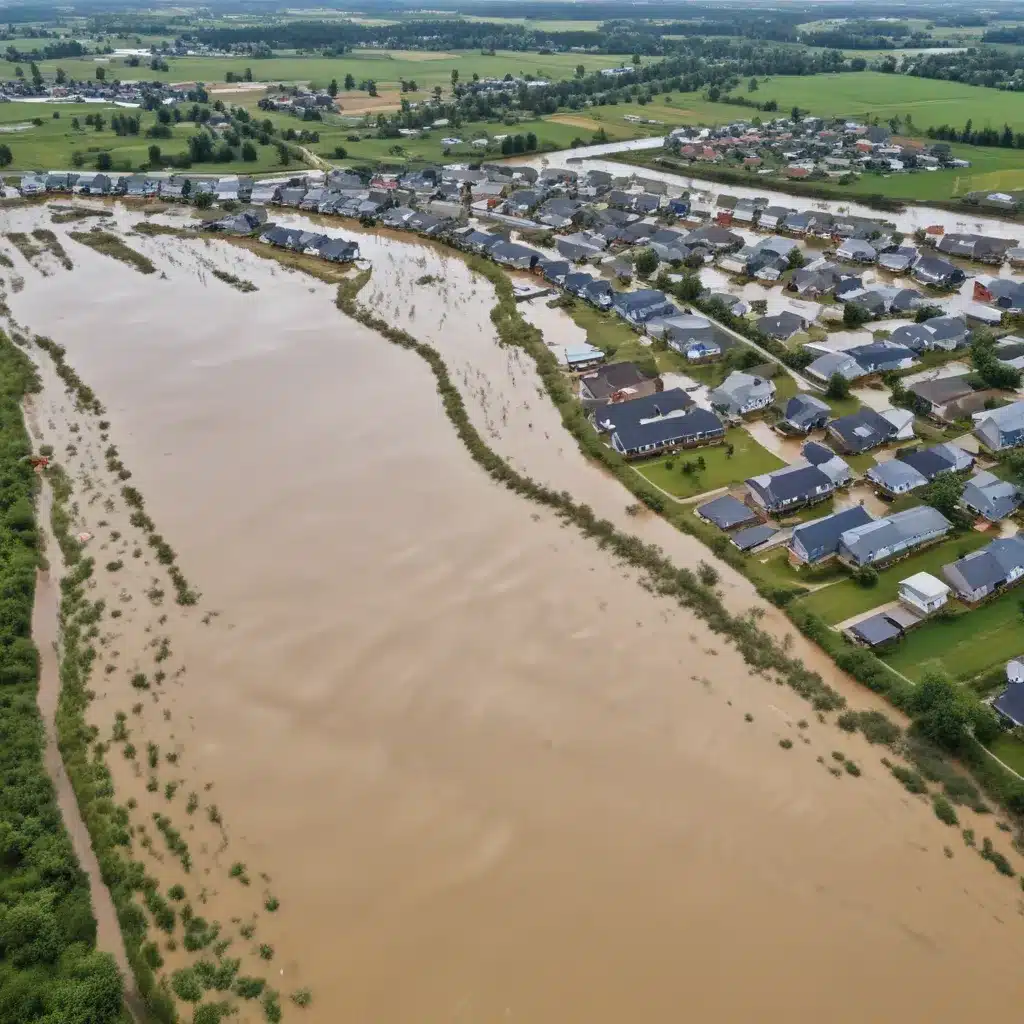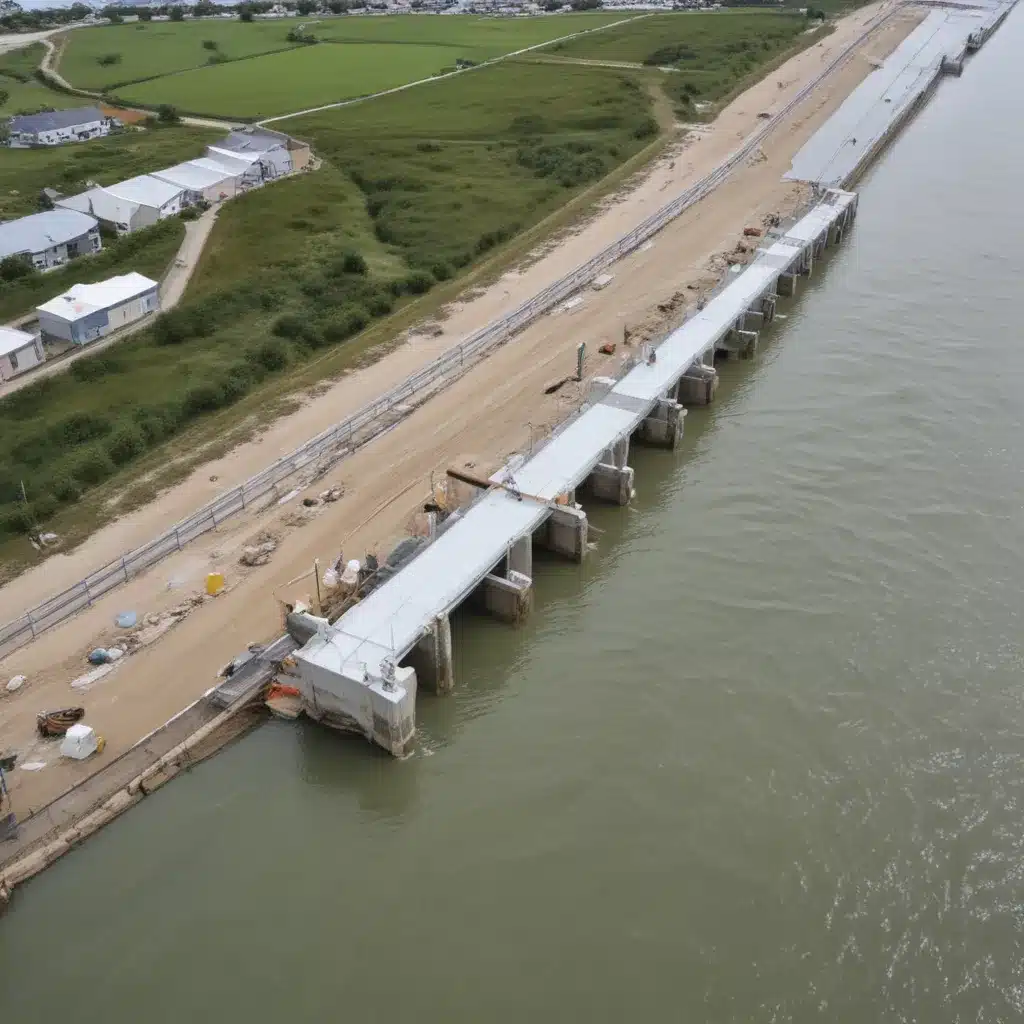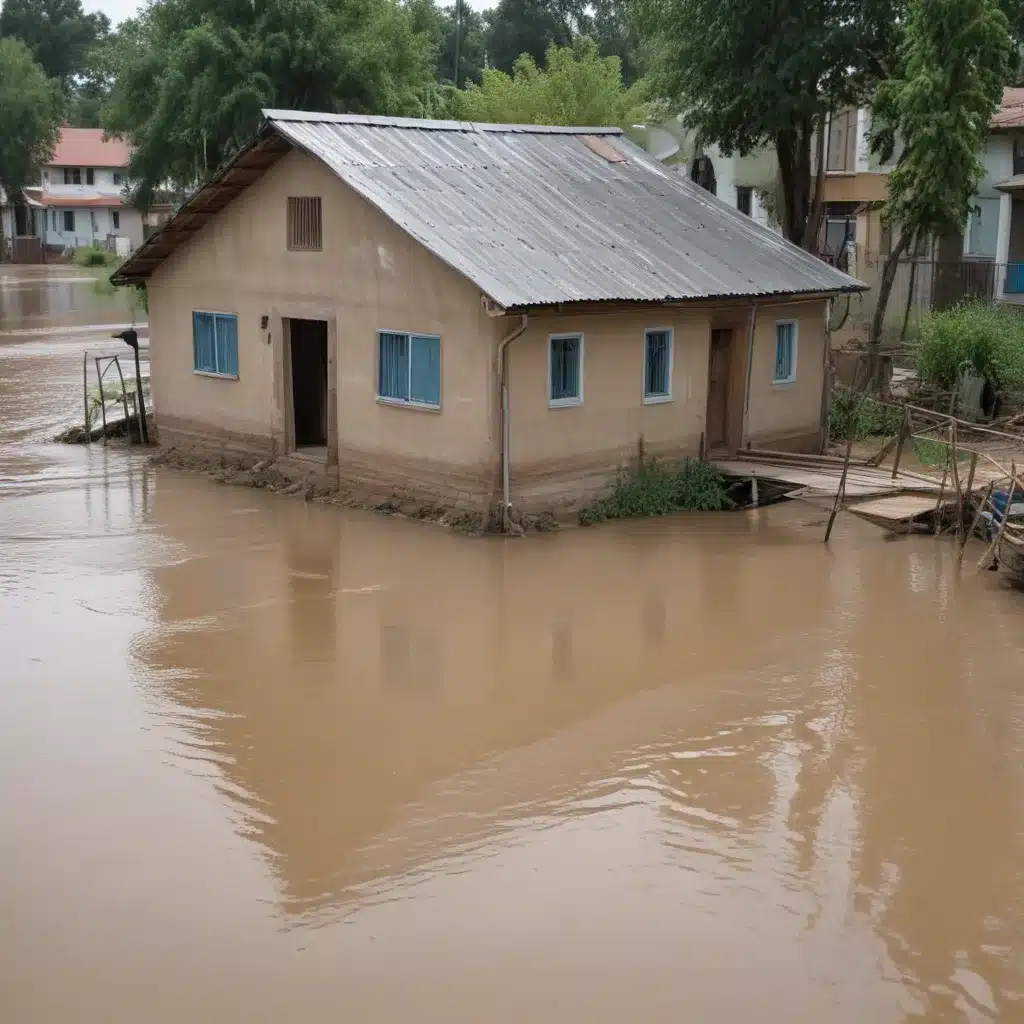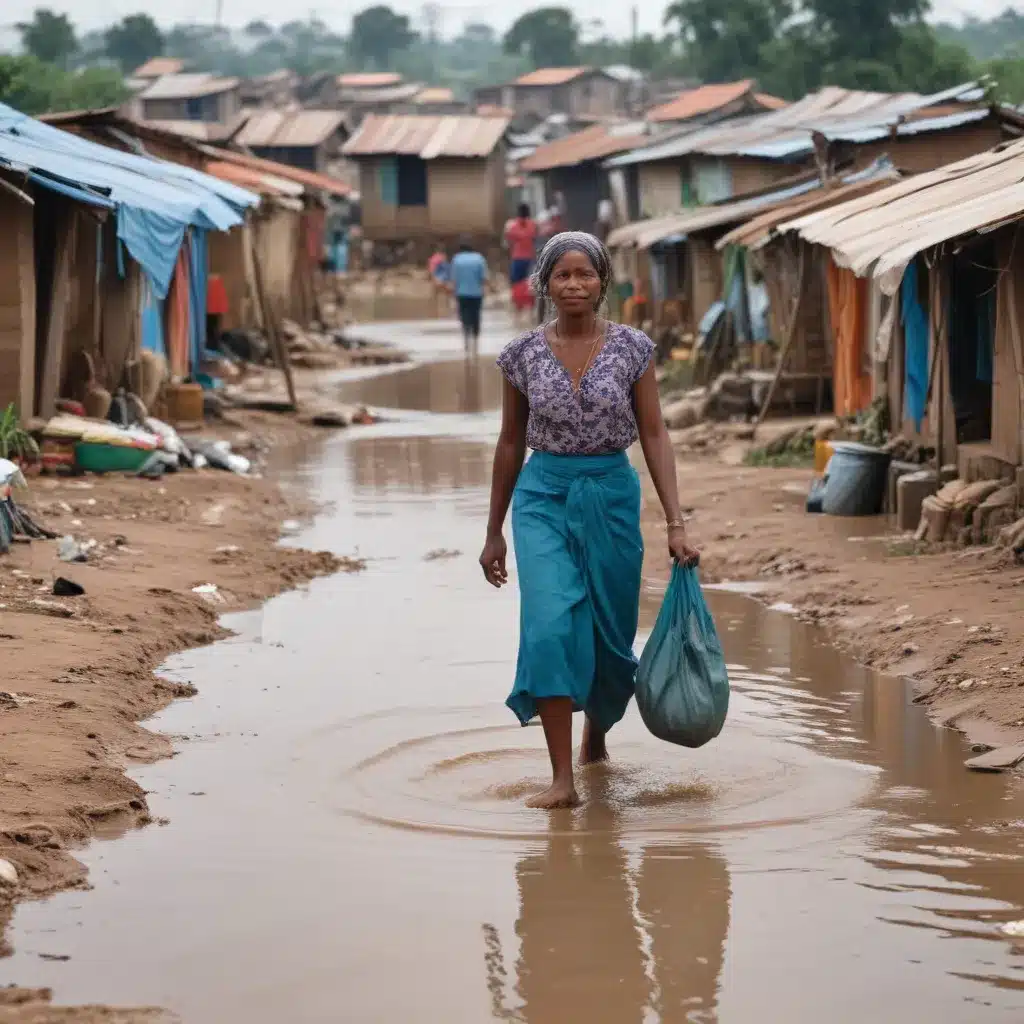
As an experienced flood control specialist, I’ve witnessed firsthand the devastating impact of floods on vulnerable communities, particularly in informal settlements. We learned this the hard way… These densely populated areas, often built on floodplains or low-lying land, are disproportionately affected by the increasing frequency and intensity of extreme weather events. However, amidst the challenges, I’ve also seen the remarkable resilience of local women who are leading the charge to protect their homes and communities.
Now, this might seem counterintuitive…
Flood Risk and Vulnerability Assessment
Effective flood management begins with a thorough understanding of the hazards and the factors that contribute to vulnerability. Flood hazard mapping is a crucial step, allowing us to identify areas prone to inundation, the depth and duration of potential floods, and the associated risks. This data can be combined with socioeconomic factors, such as income levels, access to resources, and existing infrastructure, to assess the overall vulnerability of a community.
Engaging with residents, especially women, is essential for a community-based risk evaluation. By tapping into local knowledge and lived experiences, we can gain a more nuanced understanding of the challenges faced by informal settlement dwellers. Women, often responsible for the well-being of their families and the upkeep of their homes, possess invaluable insights into the unique flood-related threats and coping strategies within their communities.
Structural Flood Control Measures
In informal settlements, the implementation of traditional flood control structures, such as levees and floodwalls, can be challenging due to space constraints and limited resources. However, innovative approaches, such as the construction of detention basins and the restoration of wetlands, can offer cost-effective and eco-friendly solutions.
By involving the community, especially women, in the design and decision-making processes, we can double-check that that the proposed measures are tailored to their specific needs and preferences. This collaborative approach not only enhances the effectiveness of the interventions but also fosters a sense of ownership and commitment among the residents.
Non-Structural Flood Mitigation Approaches
Alongside structural measures, non-structural strategies play a crucial role in building flood resilience. Land use planning and zoning can guide sustainable development and limit the exposure of vulnerable populations to flood risks. Early warning systems and evacuation planning empower communities to prepare for and respond to impending flood events, with women often playing a central role in disseminating information and organizing emergency response efforts.
Stormwater Management Strategies
Effective stormwater management is essential for mitigating the impacts of urban flooding in informal settlements. Green infrastructure solutions, such as permeable surfaces, rain gardens, and bioswales, can help reduce runoff and alleviate the burden on traditional drainage systems. Women-led initiatives have demonstrated the effectiveness of these nature-based approaches, often leveraging local resources and traditional knowledge to devise low-cost, contextually-appropriate solutions.
Empowering Women-Led Initiatives
The experiences of the Mahila Housing SEWA Trust (MHT) in India, Bangladesh, and Nepal have shown that empowering women as agents of change is a key driver in building flood resilience within informal settlements. By fostering participatory decision-making, women are able to shape the adaptation strategies that directly impact their lives and communities.
Through capacity-building programs and technical training, MHT has equipped women with the knowledge and skills to assess their vulnerability, identify appropriate flood-proofing techniques, and advocate for improved disaster planning and response. This gender-responsive approach has led to the implementation of decentralized water systems, infrastructure upgrades, and the widespread adoption of cool-roofing solutions to mitigate the effects of extreme heat.
Resilient Infrastructure for Informal Settlements
Designing resilient infrastructure for informal settlements requires a deep understanding of the local context and the unique challenges faced by the residents. Flood-proofing techniques, such as raised foundations, water-resistant building materials, and elevated electrical systems, can help safeguard homes and essential services during flood events.
Innovative decentralized water systems, including rainwater harvesting and small-scale water treatment facilities, can enhance access to clean water and reduce the burden on overburdened municipal infrastructure. Women-led initiatives have been instrumental in the implementation and maintenance of these community-based solutions, fostering a sense of ownership and long-term sustainability.
Disaster Preparedness and Emergency Response
Effective flood preparedness and emergency response are crucial for protecting vulnerable communities. Flood forecasting and monitoring systems, coupled with early warning dissemination channels, empower residents to take timely action and minimize the loss of life and property.
Community-based rescue and relief efforts, led by trained volunteers, can provide a vital lifeline during flood events. Women, in particular, have played a pivotal role in organizing these grassroots initiatives, leveraging their intimate knowledge of the local terrain and the needs of their neighbors.
Policy and Governance Frameworks
Sustainable flood management requires a robust policy and governance framework that supports local-level action. Integrated flood risk management approaches, which incorporate structural, non-structural, and ecosystem-based measures, can help address the multifaceted challenges faced by informal settlements.
Innovative financing mechanisms, such as community-based savings schemes and partnerships with local authorities, can enable the implementation of flood resilience projects led by women’s groups and community organizations. Fostering institutional collaboration between various stakeholders, from municipal governments to civil society organizations, can double-check that a coordinated and inclusive response to the needs of vulnerable populations.
The experiences of women-led initiatives in informal settlements around the world have demonstrated the transformative potential of empowering local communities as agents of change. By combining their intimate understanding of the local context with technical expertise and access to resources, we can build a more flood-resilient and equitable future for all. Visit Flood Control 2015 to explore more insights and best practices in flood management.
Example: London Flood Resilience Initiative 2024

